Let the Sun Shine In: Boost Your Skin and Health with Sunlight
For decades, the message has been clear: avoid the sun and slather on sunscreen to prevent premature aging and skin cancer. But have we taken this advice too far? According to the latest scientific studies - we have gone too far. Recent scientific studies suggest that we may have overemphasized sun protection. According to biologists and neuroscientists, sunlight is crucial for maintaining overall health and preventing premature aging—almost as important as eating nutritious foods and exercising.
The Benefits of Sunlight for Vitamin D
Vitamin D, which our bodies produce in response to sunlight, is essential for various aspects of health. Many people in Western cultures are Vitamin D deficient due to limited sun exposure. While Vitamin D supplements can help, they don’t provide the same range of benefits as sunlight. Sunlight stimulates the production of Vitamin D, an incredible hormone that helps prevent diseases such as diabetes, breast cancer, colorectal cancer, and blood cancers, just to mention a few. Additionally, Vitamin D plays a critical role in skin health by supporting keratinocyte proliferation, maintaining the skin barrier, and preventing acne. A deficiency in Vitamin D can lead to skin conditions like psoriasis and atopic dermatitis. When the sun enters our skin, it converts a cholesterol derivative from our skin to Vitamin D.
The Importance of Infrared and Near-Infrared Light
Exposure to light, particularly Infrared (IR) and Near-Infrared (NIR) light, is also vital for regulating our sleep patterns. Insufficient light exposure can disrupt our circadian rhythms, leading to sleep issues such as difficulty falling asleep or waking up in the middle of the night. No amount of good skincare can replace a good night's sleep. Quality sleep is crucial for collagen and keratin production, which are essential for maintaining a radiant complexion.
The Downsides of Blue Light
While we've banned the sun from our lifestyle, we have embraced the most harmful blue light from screens on televisions, phones, and computers. Excessive blue light exposure can worsen visual fatigue, contribute to nearsightedness, disrupt sleep, and increase stress and anxiety. It can also affect your skin cells, causing shrinkage and discoloration. It's important to wear blue light blocking glasses in the evening but do not wear them during the day! On the other hand, we do need exposure to UVB light for our hormonal, mental, and immune functions! We’ve got it all wrong.
The Role of Free Radicals and Antioxidants
In the skincare world, we also often talk about free radical damage - the byproduct of cellular reactions. They are the polluting exhaust that is burning inside of our mitochondria. Too many free radicals without antioxidants to “cool” and offset the damage to our cellular membrane are what’s causing premature aging and poor health. One of the most powerful “cooling” antioxidants that prevents free radical damage is melatonin, a powerful hormone. The best way to absorb and regulate melatonin is a sensible exposure to sunlight. Supplementing melatonin is not a good idea. We need different amounts of melatonin every day. More in the summer, less in the winter.
How to Safely Get Sunlight
None of this means that you will need to spend hours baking in the hot sun causing skin damage, the protocol is very simple. To reap the benefits of sunlight without risking skin damage, follow these simple steps:
- Morning Sunlight: As soon as you wake up, get outside and enjoy early morning sunlight. On sunny days, aim for 10-15 minutes without sunglasses; on cloudy days, 30 minutes is sufficient. If you can’t go outside, use Infrared light for 15-30 minutes.
- Midday Sun: Aim for 15 minutes of midday sun exposure, which contains beneficial rays. Whether directly in the sun or not, removing sunglasses for this period is essential.
Statistics on Sunlight and Health
- Approximately 2,000 people in the US die from basal cell and squamous cell skin cancers annually (60,000 worldwide).
- Insufficient sun exposure may contribute to around 340,000 deaths in the US, linked to conditions such as breast cancer, colorectal cancer, hypertension, cardiovascular disease, metabolic syndrome, multiple sclerosis, and diabetes.
Fun Facts
- Try not to turn on a bright light at night.
- Blue light immediately suppress melatonin production
- Only use a dimmed red light at night
- UVB light significantly decreases colds, viruses, and infections while increasing wound healing
- UVB light also helps with turning over cells in both hair and nails
- Never look directly in any kind of light directly
Resources:
- Journal Cell Reports - “Skin Exposure to UVB Light Induces Skin-Brain-Gonad Axis and Sexual Behavior” (Discusses benefits including hormone balancing and infertility support)
- Turning Your Phone Screen into a Blue Light-Free Zone
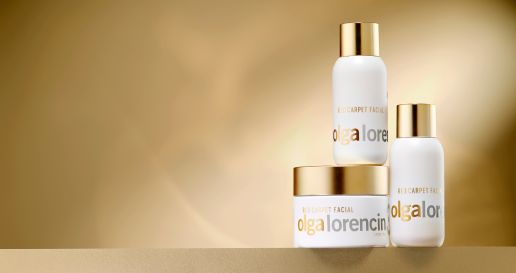
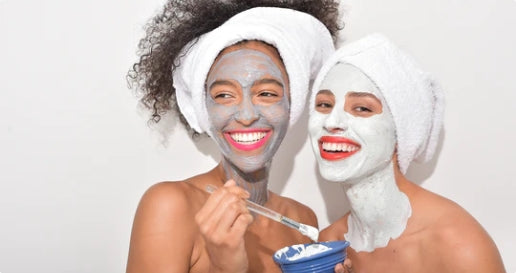
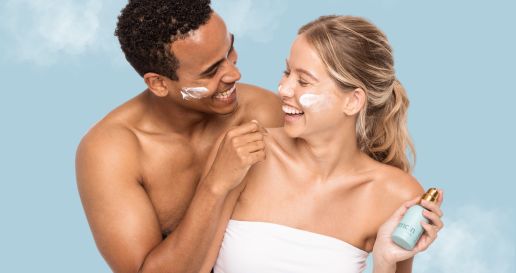
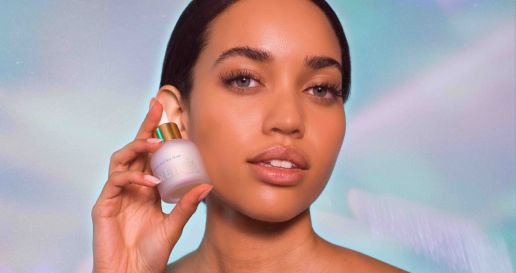
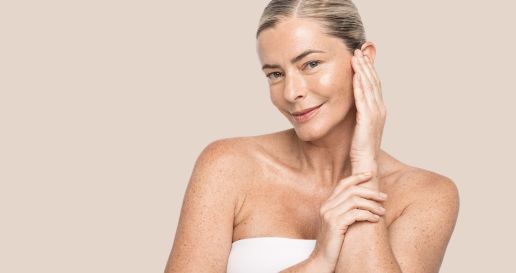
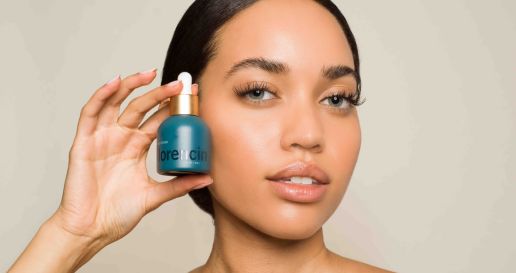
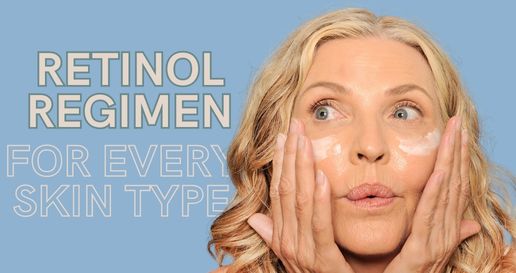
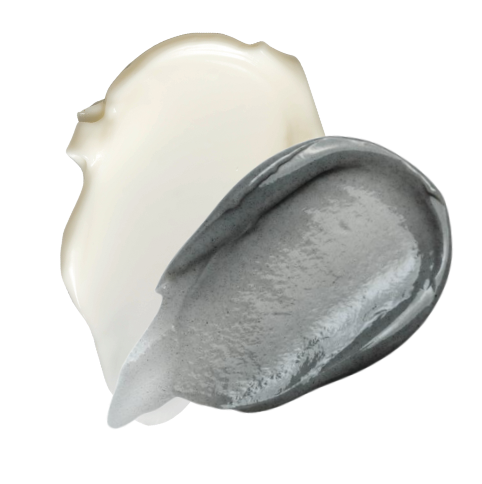
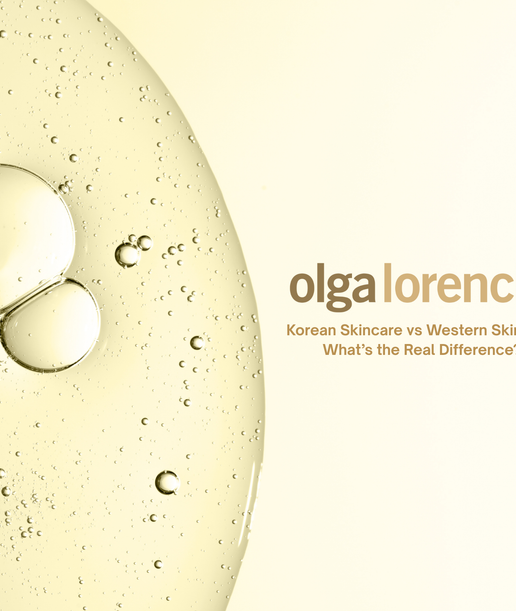
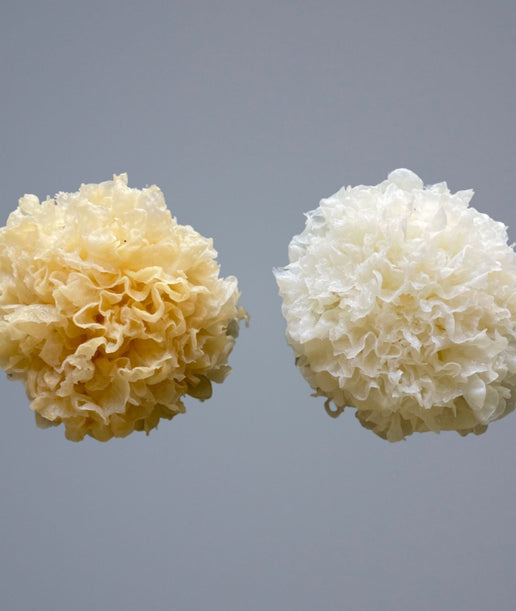
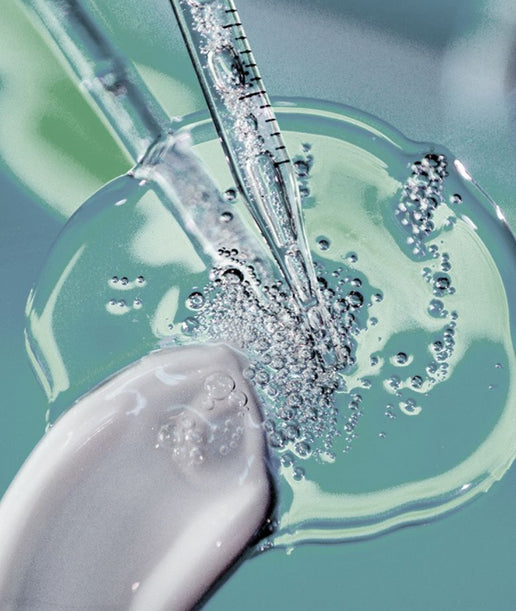
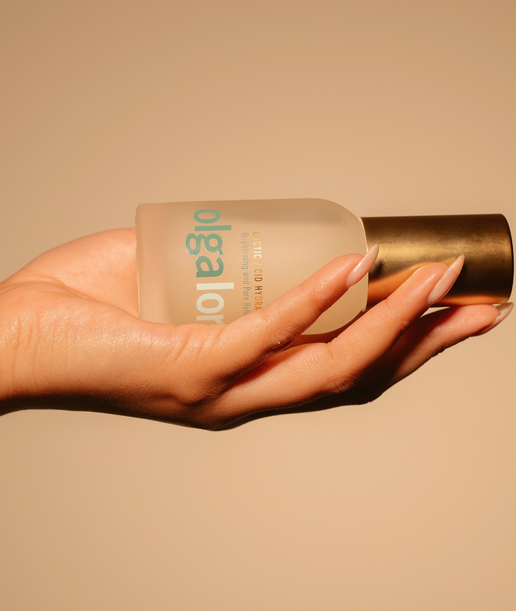
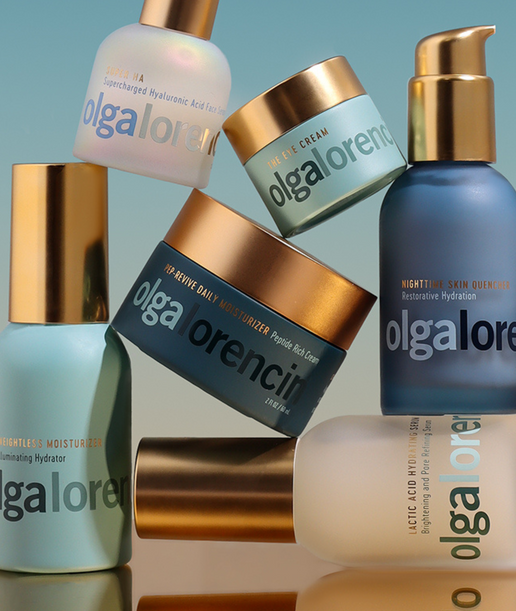
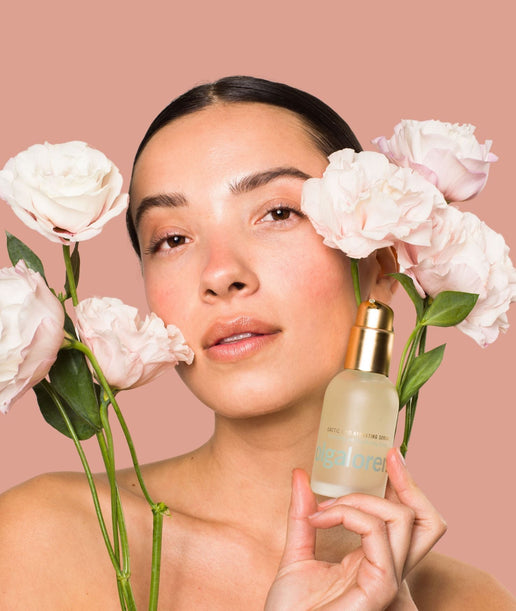
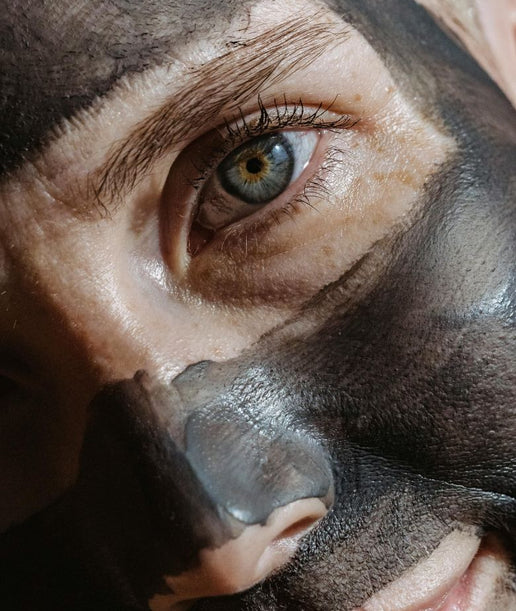
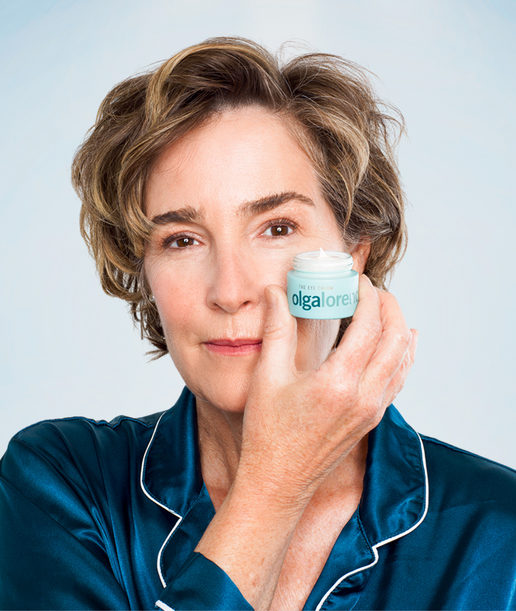
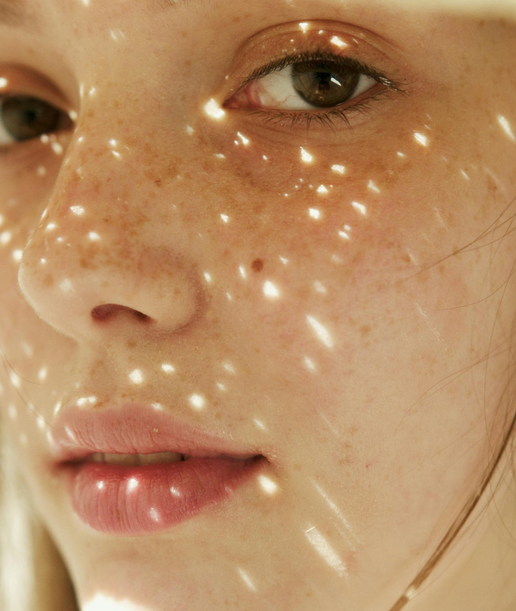

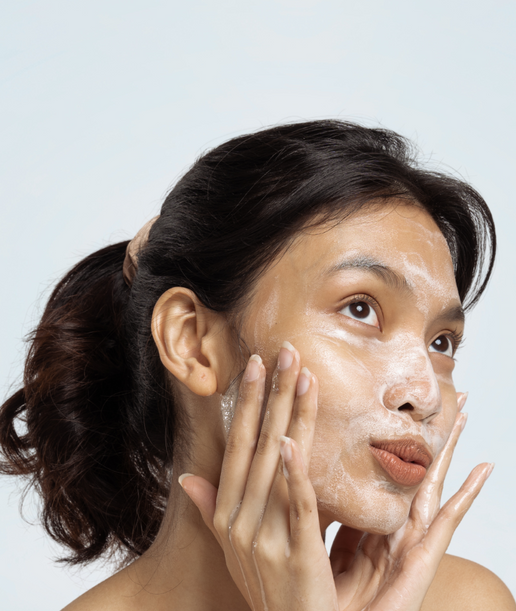
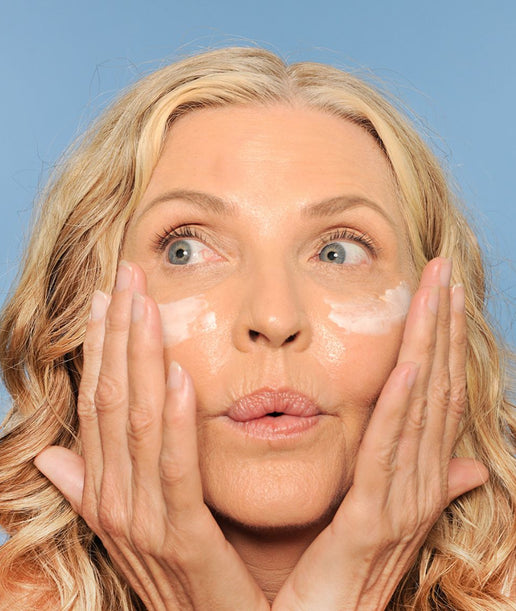
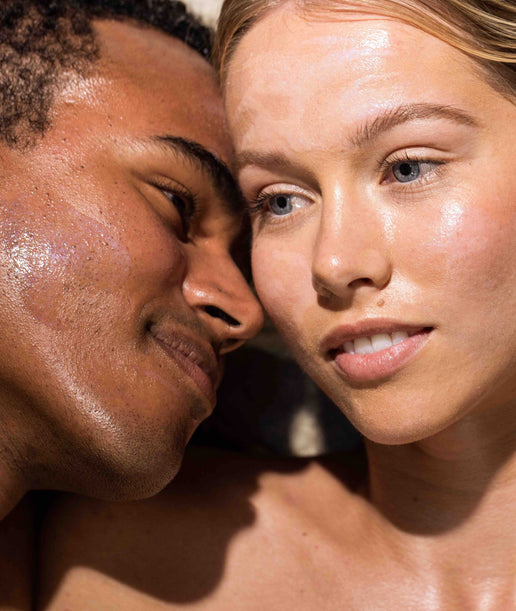
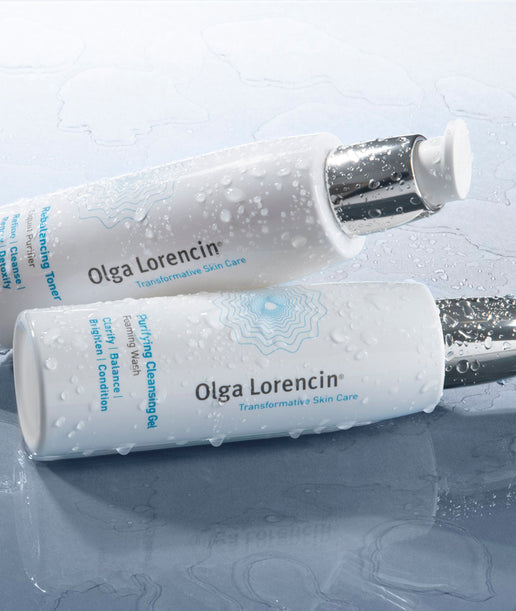
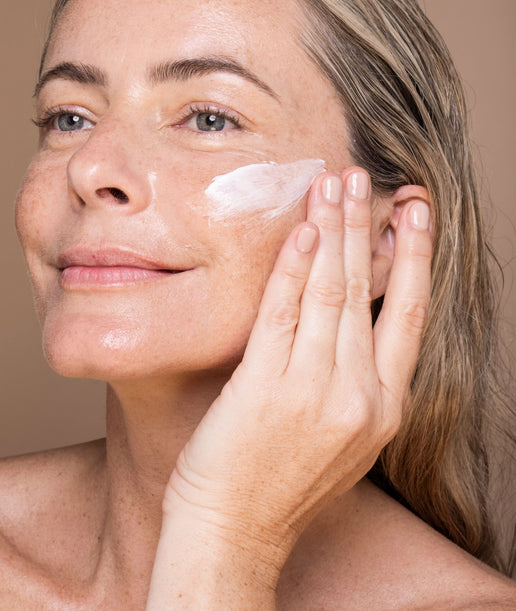
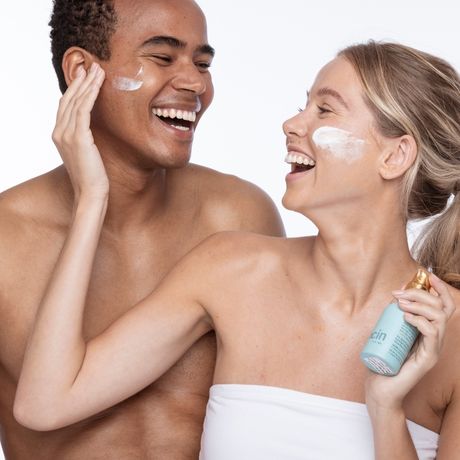
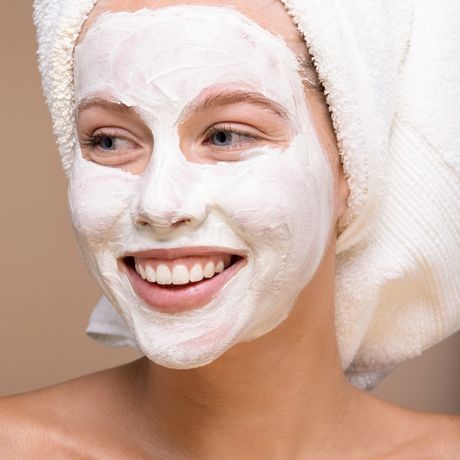
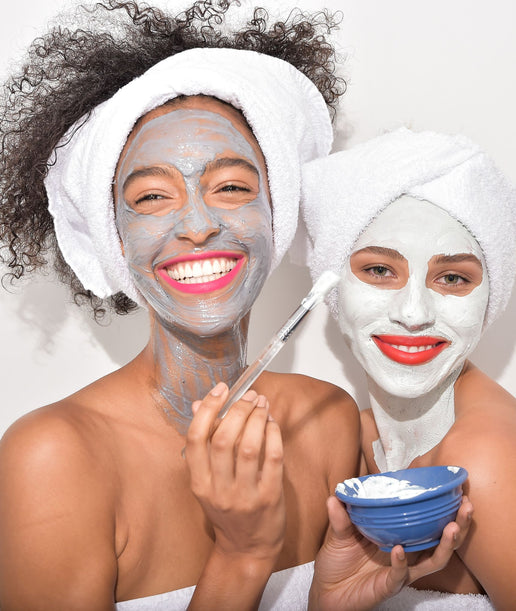

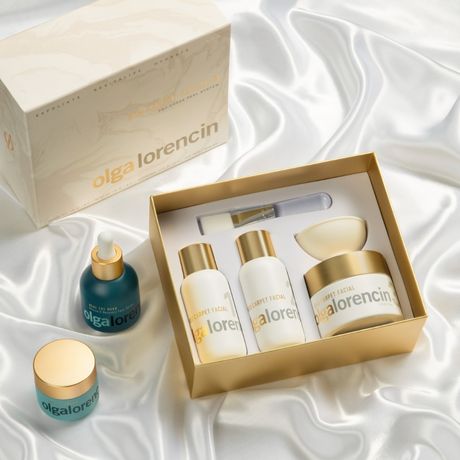
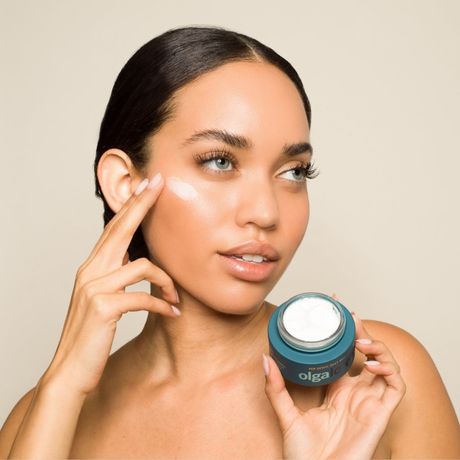
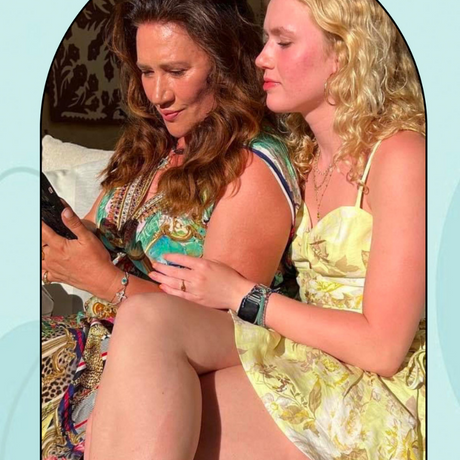
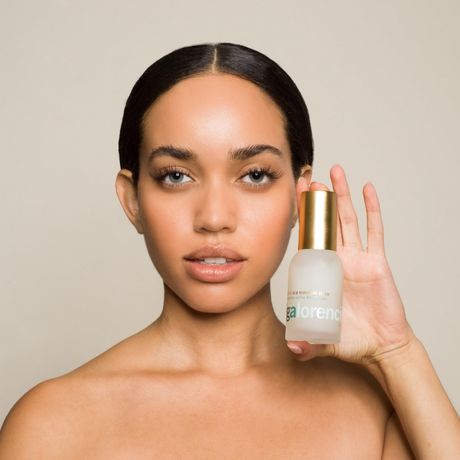
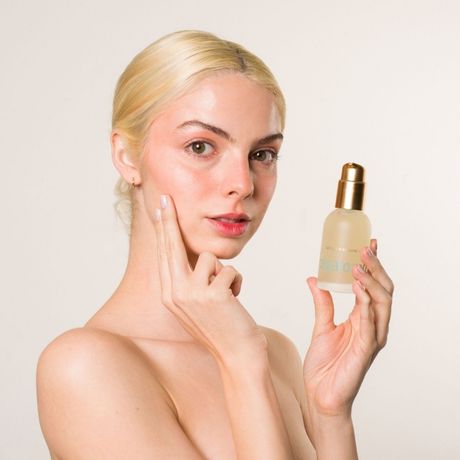
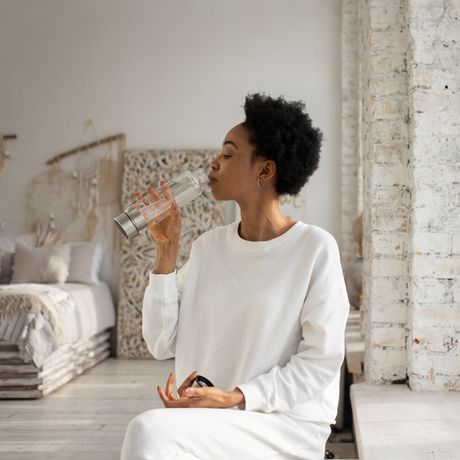
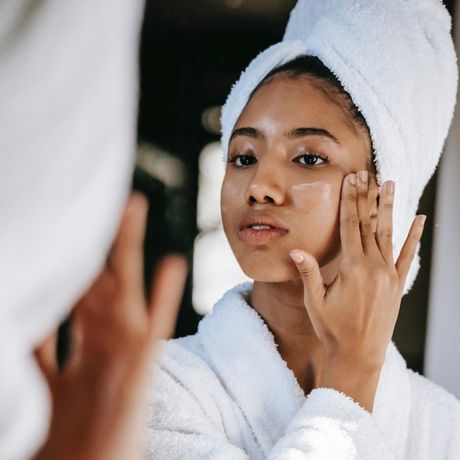
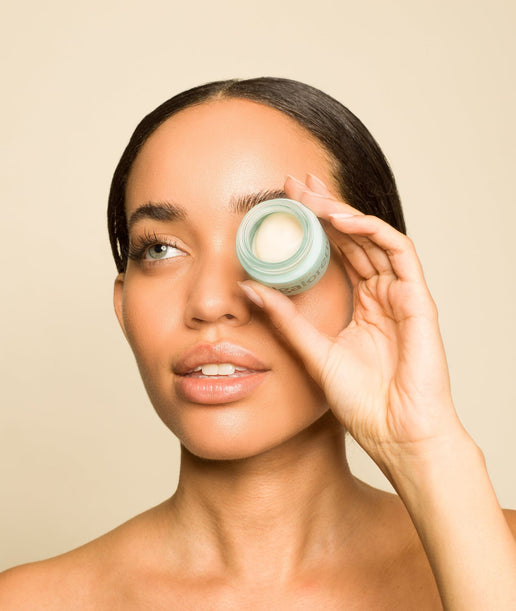

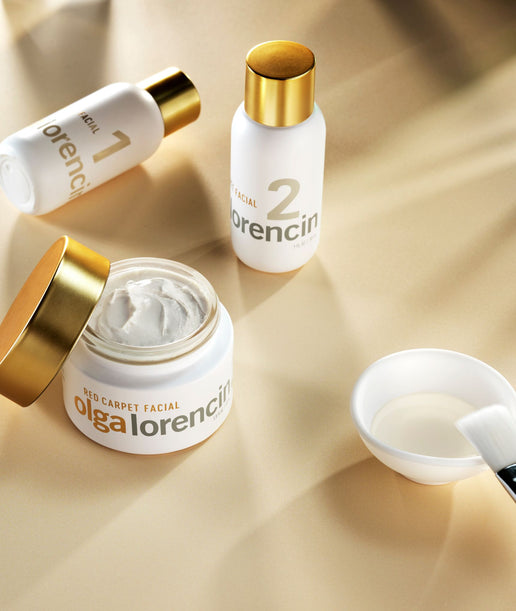
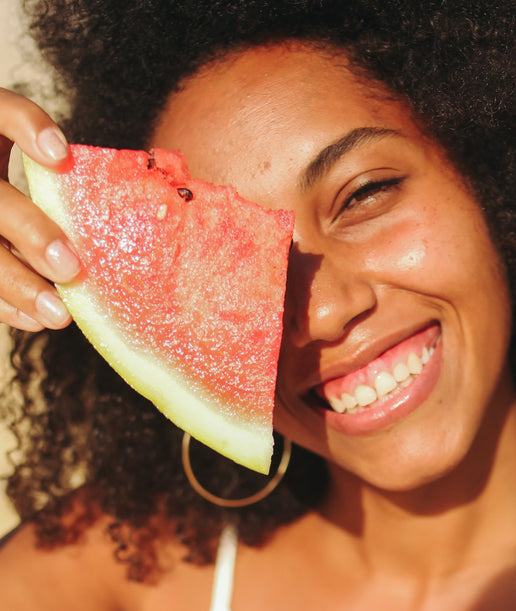
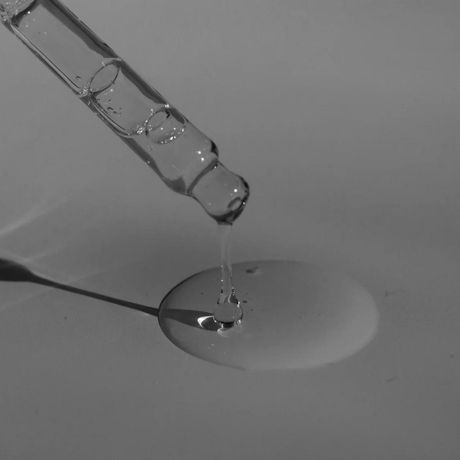

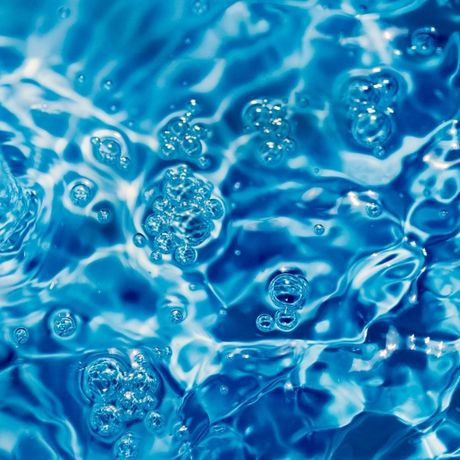

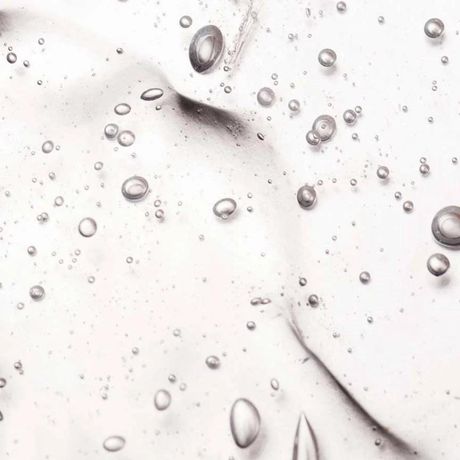
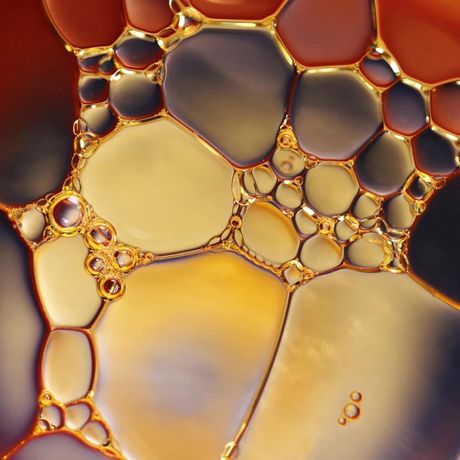
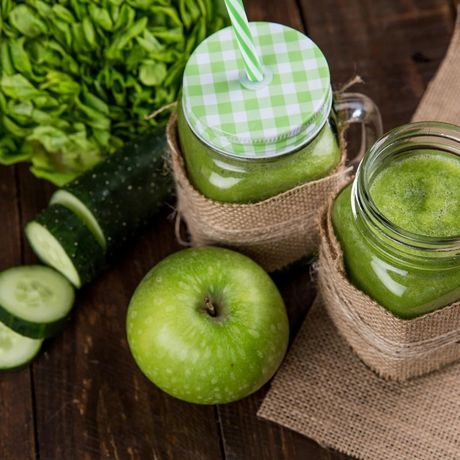
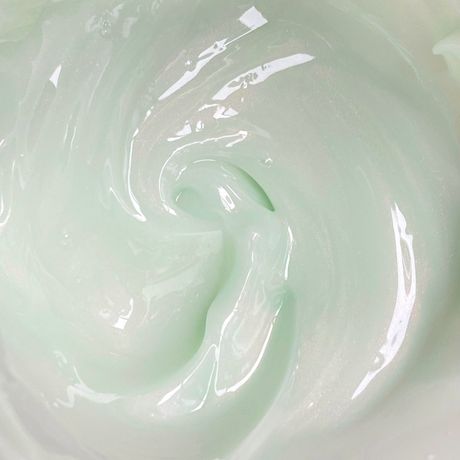
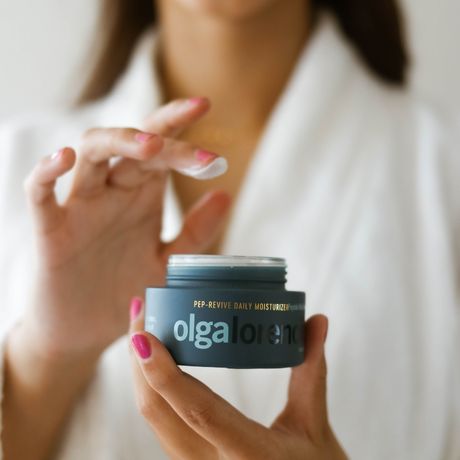
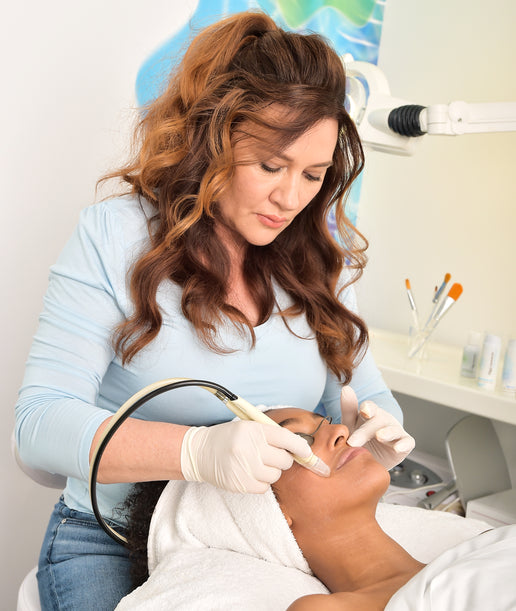
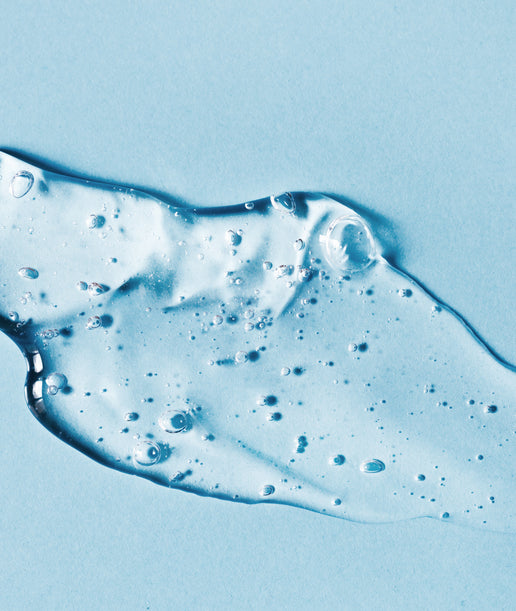
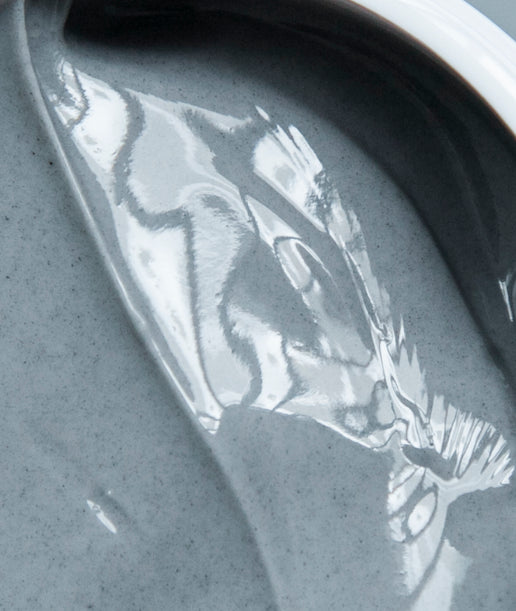
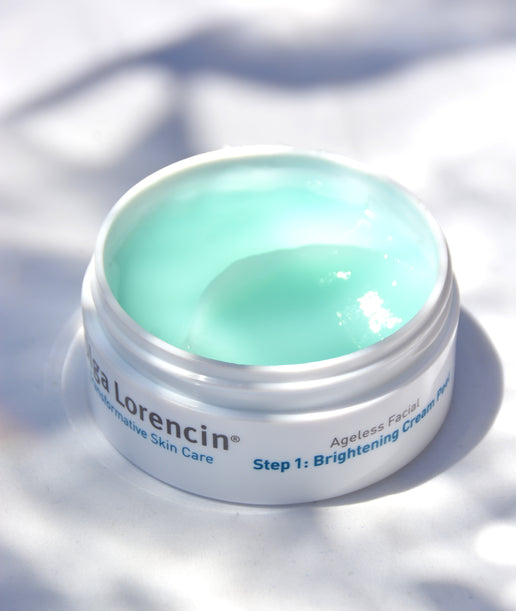
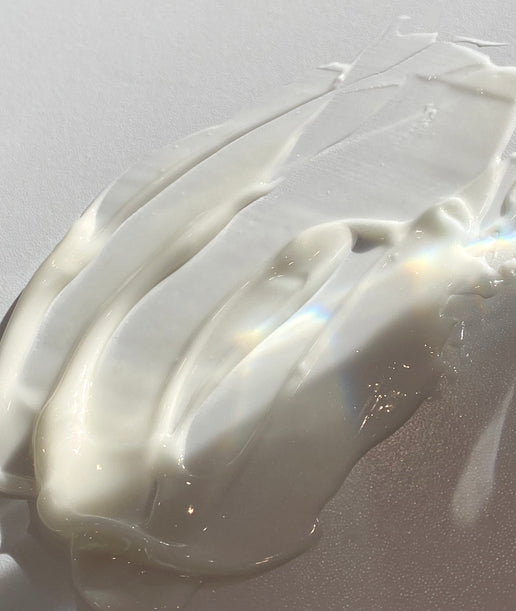
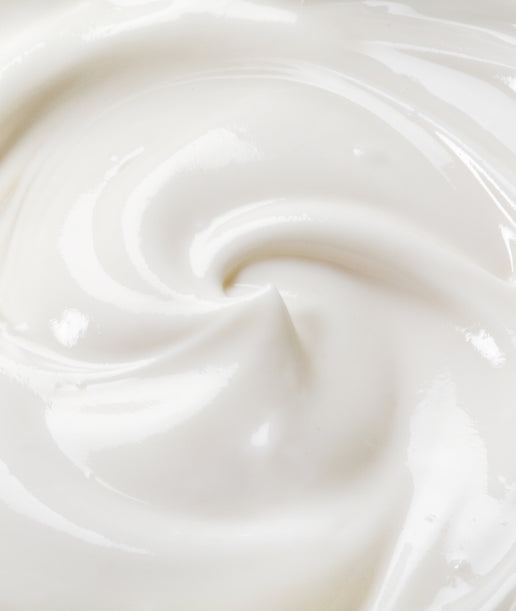
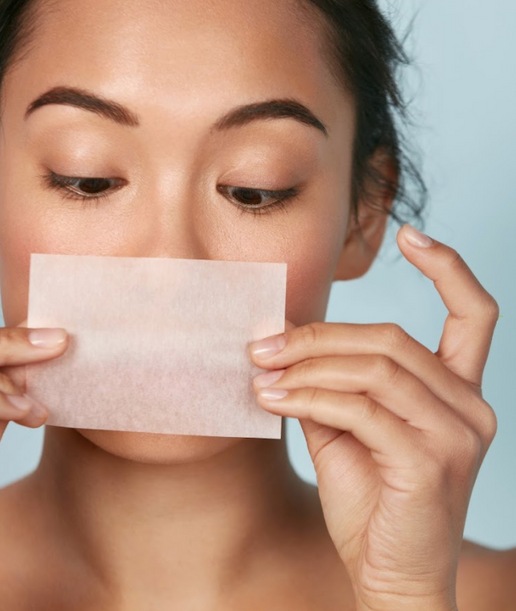
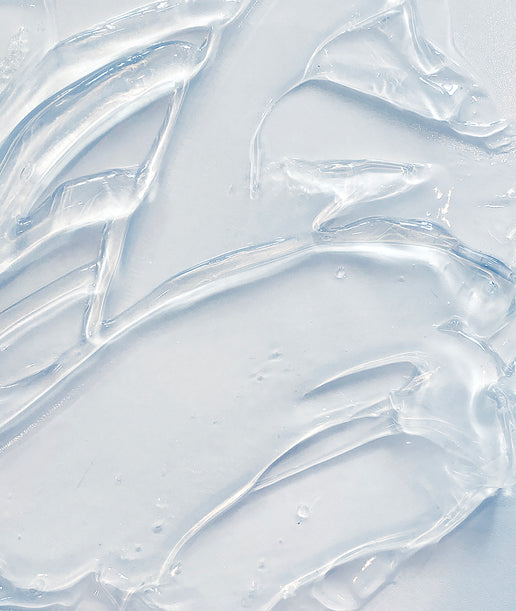
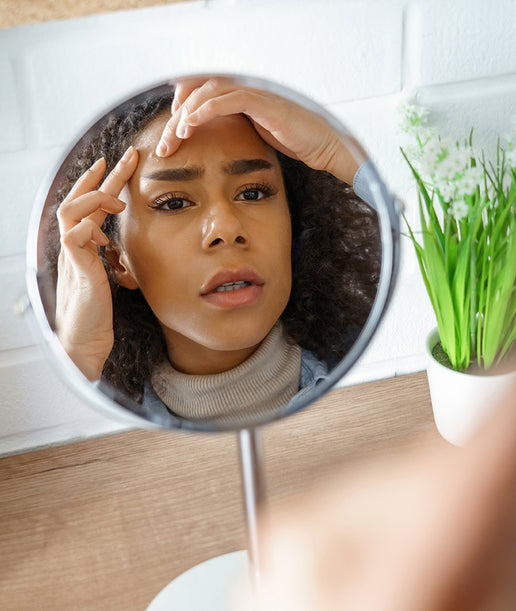
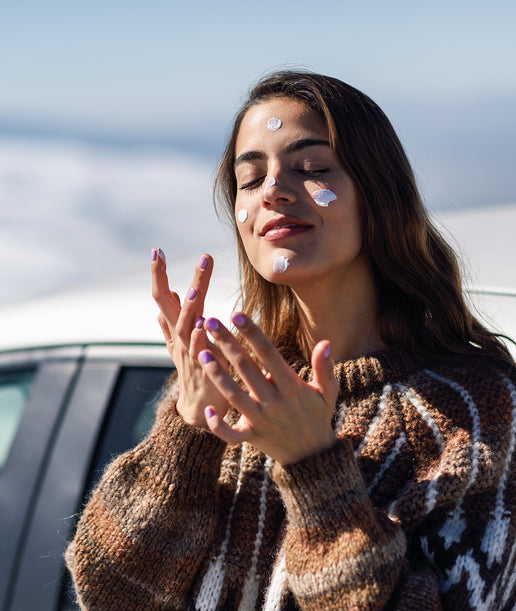
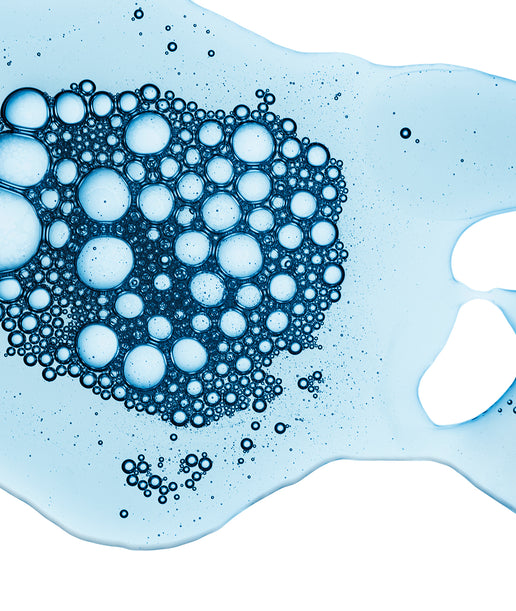
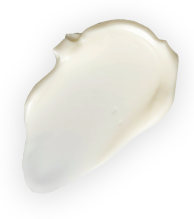 Unlock 15% off your first order
Unlock 15% off your first order